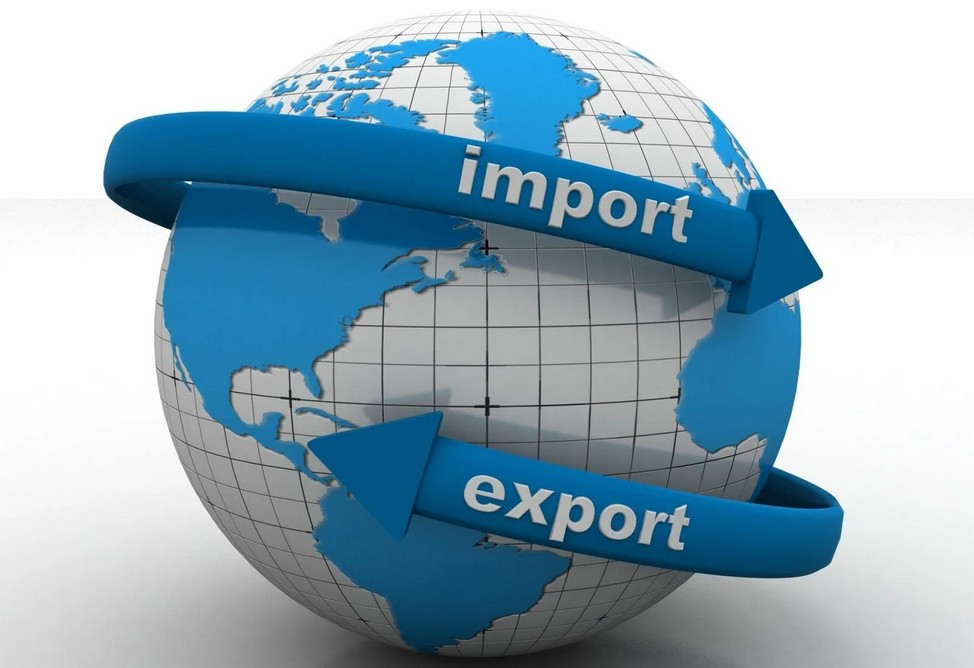Isotope laboratory to start operating in Armenia – Papoyan

YEREVAN, July 31. /ARKA/. An isotope laboratory will start operating in Armenia on August 13, Armenian Minister of Economy Gevorg Papoyan said.
“For now, our capabilities will be very “modest” – 3-4 samples per day. This issue has not been resolved over the past 34 years,” Papoyan said at a government meeting on Thursday.
According to him, it will be possible to identify 3 main isotopes of cognac, which prove that it is made from grape alcohol.
“We must create a laboratory, certify it at the international level so that the documents it provides are recognized in other countries,” Papoyan noted.
Deputy Prime Minister Mher Grigoryan, in turn, said that it is necessary to take care of the reputation of the products. Information about one low-quality batch of products begins to spread, “float” in the media, which is unacceptable.
"I am sure that more than 95% of our cognac products are of high quality. We need to think about a monitoring mechanism," Grigoryan said.
On the situation with Armenian cargo on the Georgian border
There have been talks for several months about spontaneous laboratory checks of dozens of heavy-duty trucks from Armenia exporting alcoholic beverages to Russia or the Baltic countries through the Upper Lars checkpoint. Due to delays in inspection, Armenian exporters suffered financial losses.
Armenian producers of alcoholic beverages have appealed to state and international structures, in particular, to the National Assembly of Armenia, the Ministry of Economy and the Ministry of Foreign Affairs of the Republic of Armenia, as well as the EBRD, the UN, the EDB and the WTO with a request to urgently assess the tense situation with the transit of Armenian goods through the customs territory of Georgia, call on the Georgian government to end this unauthorized blockade and remove obstacles to the transit of goods through its territory.
The letter stated that the Georgian side, by violating accepted international trade criteria, was causing significant material damage to Armenian producers, who were unable to fulfill their contractual obligations to a third party. The problem was resolved in early June.



